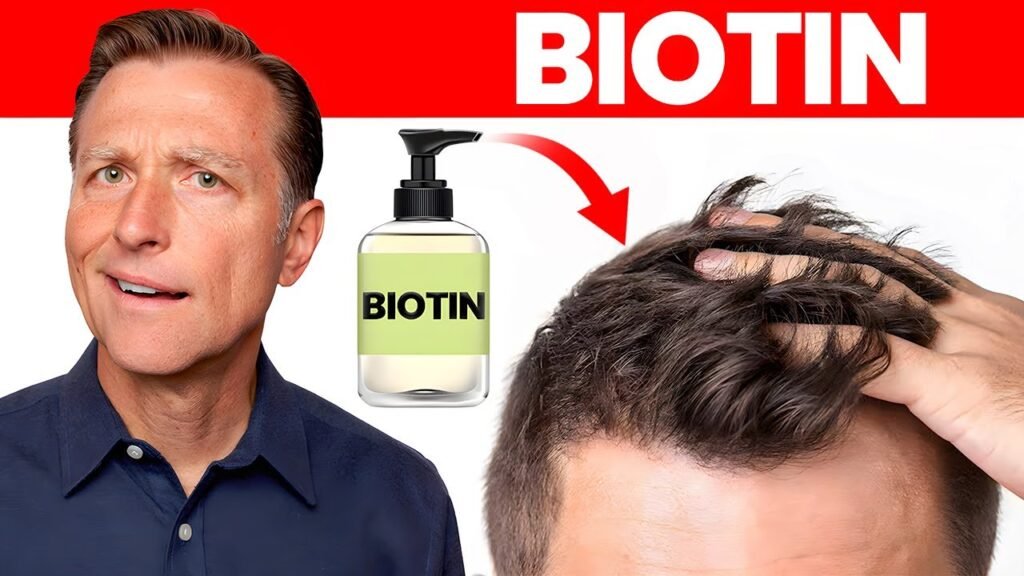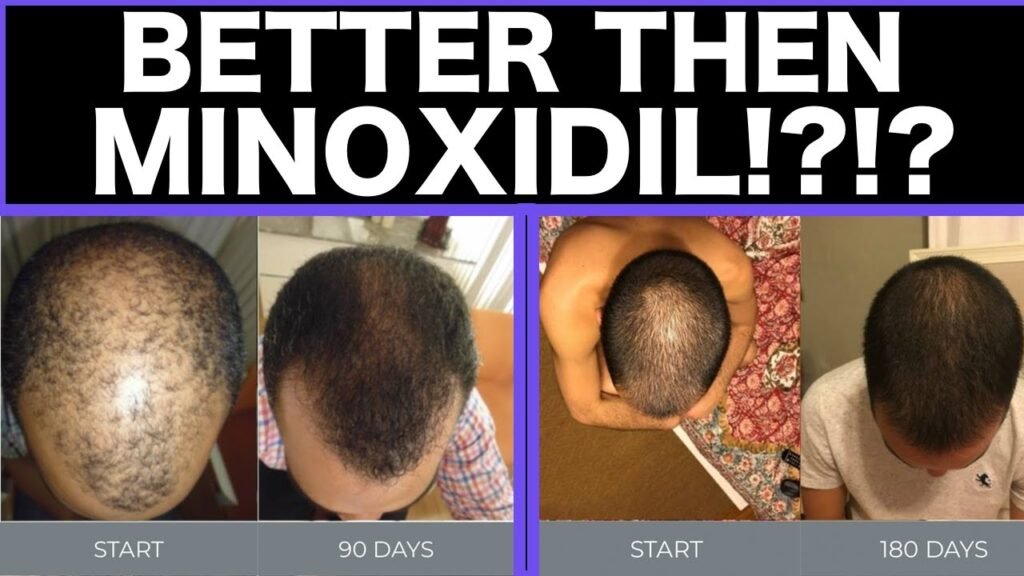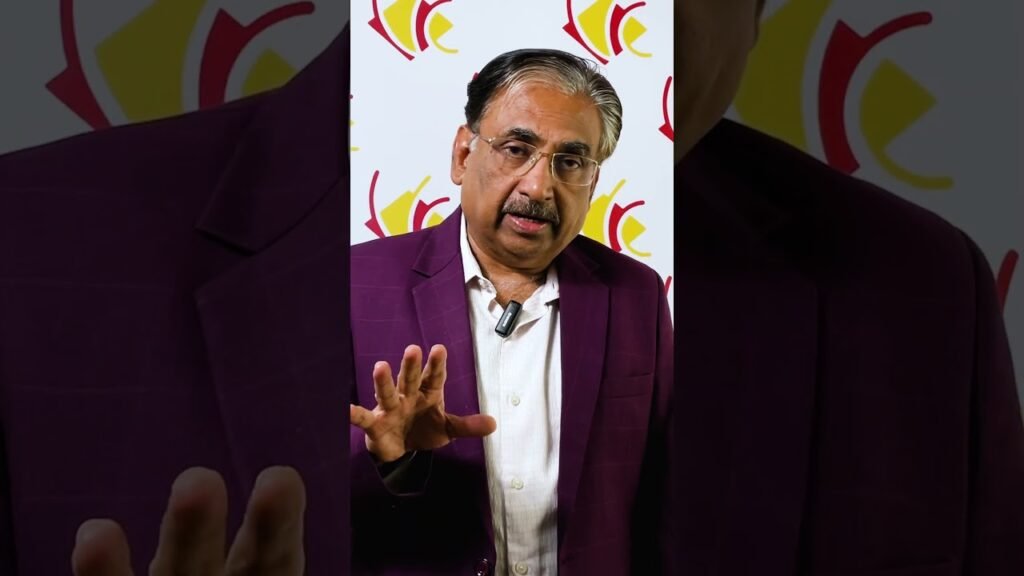Pros and cons of Minoxidil vs biotin
When considering hair growth treatments, two popular options often come to mind: Minoxidil and biotin. Both have their own sets of advantages and disadvantages that can influence your choice depending on your individual needs and circumstances.
Pros and Cons of Minoxidil
Pros:
– Clinically Proven: Minoxidil is an FDA-approved treatment for hair loss, with numerous studies backing its effectiveness in promoting hair regrowth, particularly in cases of androgenetic alopecia.
– Widely Available: It is readily available over-the-counter in various forms, including topical solutions and foams, making it accessible for those seeking a straightforward treatment.
Cons:
– Potential Side Effects: Some users may experience scalp irritation, itching, or dryness. Additionally, it may cause unwanted facial hair growth if applied incorrectly.
– Continuous Use Required: The benefits of Minoxidil are only sustained with ongoing use. Discontinuing treatment often leads to a reversal of hair regrowth.
Pros and Cons of Biotin
Pros:
– Nutrient Support: Biotin, a B-vitamin, supports the bodys keratin infrastructure, which is essential for healthy hair, skin, and nails. Its often used as a dietary supplement to enhance hair strength and shine.
– Minimal Side Effects: Biotin is generally safe with few reported side effects, making it a low-risk option for those looking to improve hair quality naturally.
Cons:
– Limited Evidence for Hair Growth: While biotin supports overall hair health, there is limited scientific evidence proving its effectiveness in significantly promoting hair growth or reversing hair loss.
– Results May Vary: As biotin is more of a nutritional supplement, its impact on hair can vary widely among individuals, depending largely on their existing nutrient levels and overall health.


